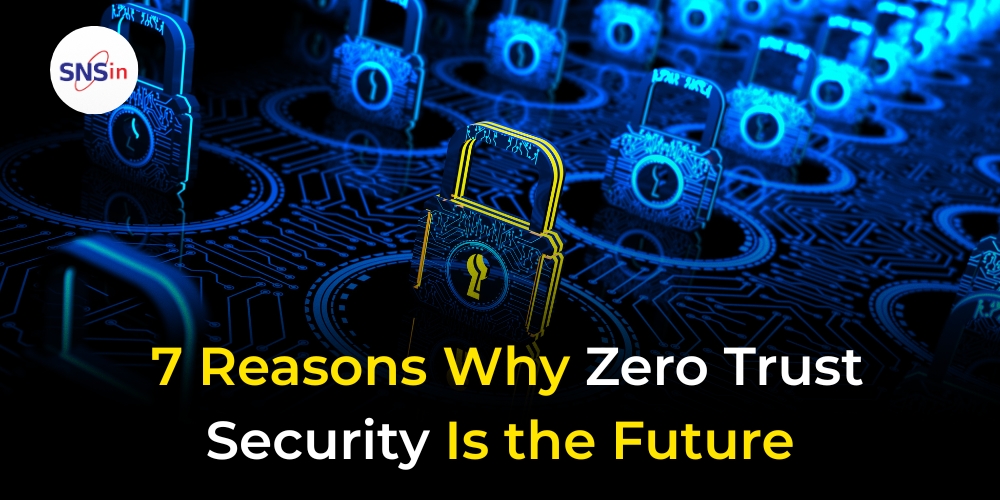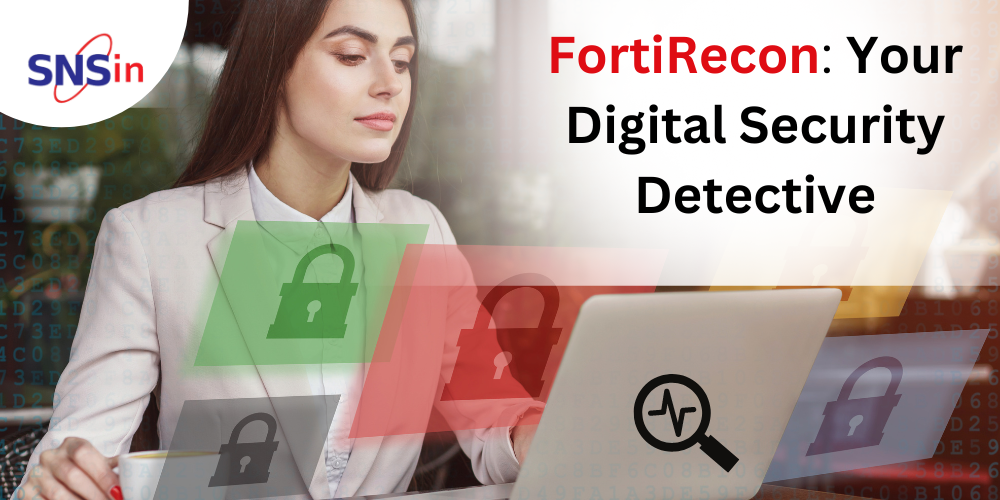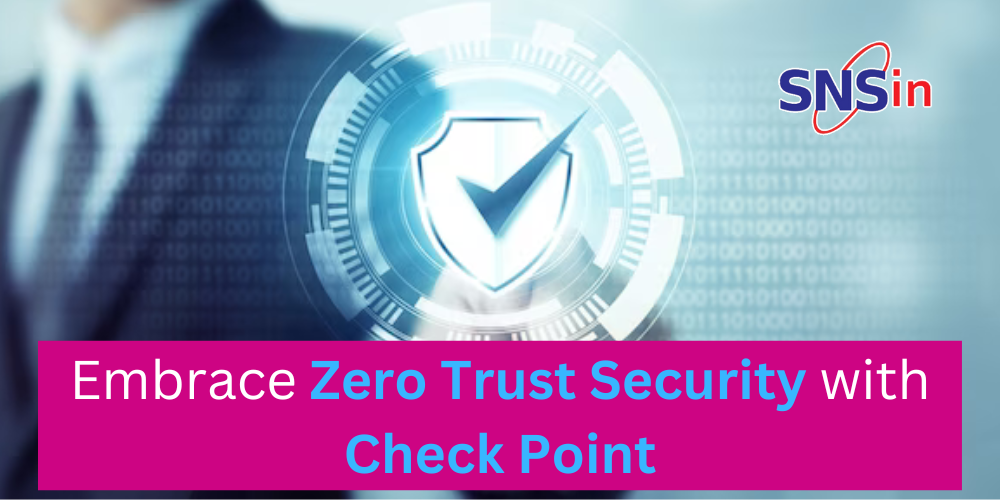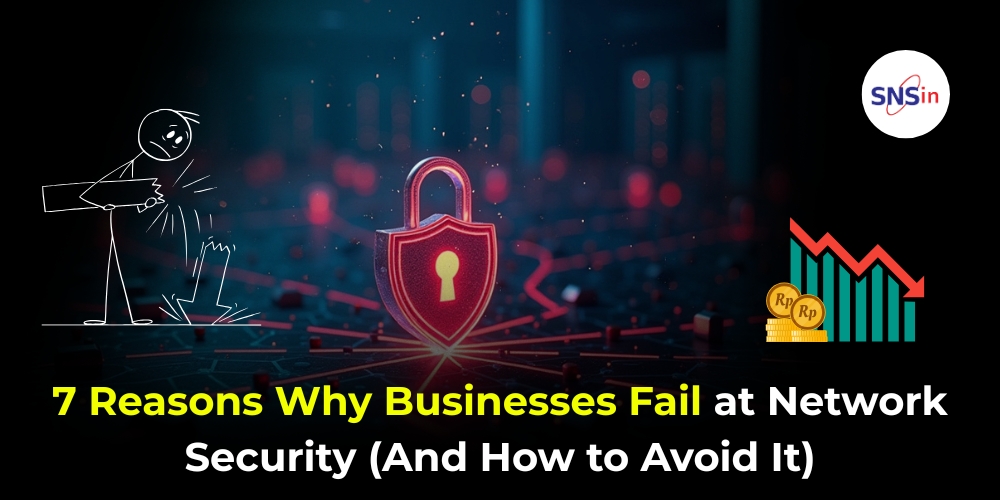Cybersecurity threats evolve faster than a caffeinated hacker on a coding spree, and traditional security models can’t keep up !
Enter Zero Trust Security – the proactive cybersecurity strategy that’s like never letting anyone crash at your place without an ID check, a background scan, and maybe even a quick polygraph test.
The old “trust but verify” model? Toss it in the digital dumpster. The new mantra? Yes – Never trust, always verify.
With cybercriminals lurking like ninjas in the shadows, Zero Trust isn’t just a buzzword – it’s the future. Let’s explain why it’s taking over the cybersecurity world faster than you can say “data breach.”
1. The Castle-and-Moat Model is a Relic of the Past:
Remember when security was all about building high digital walls and hoping for the best?
That’s about as effective today as locking your front door but leaving all your windows open. The old castle-and-moat model assumed that you were safe once you were inside the network. But that’s a recipe for disaster in a world of remote work, cloud computing, and third-party apps. Zero Trust ensures that every user, device, and application is verified constantly—whether in the office, at a café, or on a spaceship. It’s a security model that adapts to the changing landscape of cyber threats.
2. Remote Work & BYOD: The Double-Edged Sword:
Previously, workers stayed at the office solely while using company equipment to manage tasks and drinking average coffee.
Not anymore. Security has become an immense operational challenge because of Remote work, alongside Bring Your Device (BYOD) policies. The family of laptop electronics, mobile phones, and tablets functions as cyber attackers’ entry points.
Under Zero Trust security, every device functions as a potential danger point, requiring nonstop verification steps before granting entry permissions. It’s a comprehensive approach that leaves no potential threat unchecked.
3. Cybercriminals Have Leveled Up:
The present-day cyber attackers operate way above simple basement computers and hoodies. Modern cybercriminals use sophisticated, organized tactics, AI-driven attacks, ransomware tools, and phishing scams effective enough to deceive Sherlock Holmes. Zero Trust security defends businesses through instantaneous analysis, artificial intelligence monitoring, and behavioral analysis that detects threats before they cause damage. The security system operates continuously without rest and compensation like a traditional bodyguard service.
4. Lateral Movement: A Hacker’s Favorite Trick:
Hackers infiltrate systems through unexpected pathways to raise their authorizations before executing data piracy operations that result in system destruction. This tactic, known as ‘lateral movement’, allows them to move undetected across a network, increasing the potential damage of their attack. Criminals use the backdoor entrance to enter your house and spread throughout all areas of the property. Through network segmentation and strict access control enforcement, Zero Trust creates stopping points that prevent invaders from accomplishing their objectives across the system.
5. Insider Threats: The Enemy Within:
Your internal employees can pose security risks that rival those from outside hackers because sometimes the threat exists within your organization. Workers, contracted staff members, and vendors who hold trusted positions within the organization can serve as unintentional or purposeful security threats to the system. Under the Zero Trust framework, organizations guarantee limited system access to users based on their required information needs to reduce the impact of users who make mistakes or hold grudges.
6. The Compliance Cops Are Watching:
Data privacy regulations have become strict enough for governments and regulatory bodies to initiate substantial enforcement measures. Companies should not ignore security measures because GDPR, CCPA, and the India DPDP Act enforce stiff legal penalties to which they become exposed. Zero Trust proves to be more than a wise decision since it eliminates compliance enforcement challenges such as ensuring data encryption, continuous monitoring, and strict access control. Enforcing these measures ensures businesses stay on the right side of the law while keeping customer data safe.
7. Cloud Security Needs an Upgrade:
The phenomenal speed of business in cloud migration is making traditional security approaches obsolete. The data that used to be stored on-premises servers now travels between various cloud systems and SaaS solutions with hybrid configurations. Every access request under Zero Trust Security functions as a potential menace, so the system checks user identity, location and device before authorizing access for air-tight cloud protection.
Beyond Security: Zero Trust Gives Businesses a Boost:
Zero Trust provides organizations with enhanced business performance and active protection against cybercriminals. IT teams can free themselves from digital firefighting roles to conduct innovation work after security automation processes remove manual verifications and minimize cyber incident downtime. Departmental security connections become easier when access control and integrated security systems allow diverse departments to work together unhindered. This system provides security functions while advancing productivity.
Final Thoughts: Zero Trust Isn’t Optional—It’s Inevitable:
The modern digital atmosphere remains unforeseeable, while organizations using traditional security methods expose themselves to cybercriminal attacks. Zero Trust exists beyond a mere framework since it represents the foundation of survival for modern security needs.
Businesses operating under Zero Trust Security protocols maintain superiority against contemporary threats by enforcing strict authentication, continuous monitoring, and the principle of least privilege access. This principle ensures that each user has the minimum level of access necessary to perform their job, reducing the risk of insider threats and limiting the potential damage of a breach. Zero Trust is the unavoidable paradigm for cybersecurity because all users, from IT professionals through business leaders to individual data protectors, must immediately accept this approach.
Stay smart, stay secure, and trust no one—until verified.
How Does SNS India Help Businesses Overcome These Challenges?
At SNS India, we understand the critical importance of robust data and network security.
Our expertise in cybersecurity enables us to offer:
● Comprehensive Security Assessments: Emphasis on threat discovery and defensive posture development.
● Managed Security Services: To deliver round-the-clock threat detection through their 24/7 monitoring services.
● Regulatory Compliance Assistance: Ensuring businesses adhere to PDPB (Personal Data Protection Bill), GDPR (General Data Protection Regulation), and other regulatory frameworks.
● Advanced Threat Protection: Implementing AI-driven security solutions to counter sophisticated attacks.
● Employee Training Programs: Educating staff on best security practices to mitigate human error.
● Cloud & Endpoint Security Solutions: Securing remote work environments and cloud infrastructures.
About SNS:
SNS India, India’s leading cybersecurity partner, is committed to providing innovative security solutions that help businesses protect against modern cyber risks.
Companies must implement proactive defence systems because security has become an essential business requirement that protects organizational data and operational and reputation stability.
For consultancy on how SNS India can help you in your Cyber Protection , write to us at [email protected]
Author
NK Mehta
![]()




